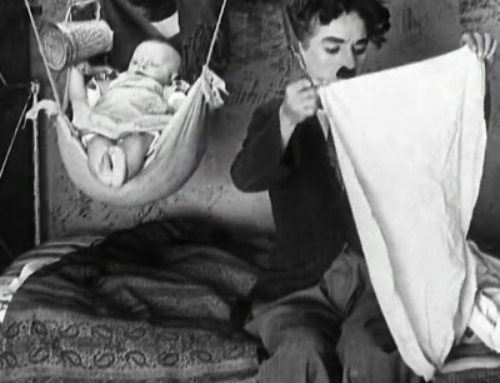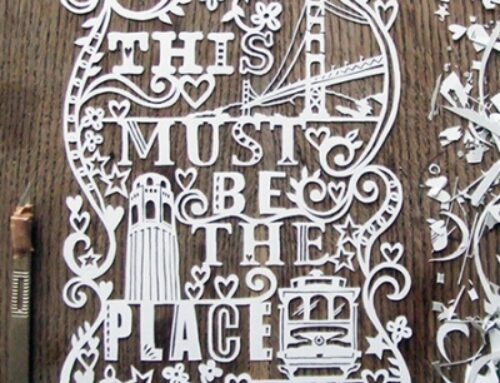A contemporary Ulysses shows the absurdity of a sea where the refugee is welcomed and rejected at the same time, where a self-insecure society is incapable of continuing a millenary tradition of hospitality, exchange and integration.
Ulysses at the CIE
Ulysses, prey to the Dantesque storm that has thrown him into (our?) time, floats unconscious in the calming sea. Two arms hoist him onto a boat and when he comes to, he sees men, wearing uniforms bearing the inscription FRONTEX, busy rescuing castaways. An agonising exhaustion grips him, he feels protected by people like him, who inhabit the sea and give and take life to it every day, to whom he can say: the sea (ours!) unites us.
Ulysses disembarks from the boat together with so many people, wrapped in strange blankets and fed, and finds a strange committee welcoming him, who storm him with questions to know where he comes from and why. Ulysses, shrewd as ever, realises that he cannot tell the truth of his story, which would appear too fictional and would not be believed, and tells everyone’s story.
He tells that he is in a place he cares so much about, where he has his nearest and dearest, but that that place is isolated, ravaged by wars and reduced to ruin by famine. He says that he had listened to the tales of his elders who had listened to the tales of their elders, and that the destinies of people in search of new homelands had always crossed in the Mediterranean. He tries to say that, according to him, civilisation itself is the result of these movements, that the founding myths of our (!) cities are all about migrants who, by stopping, establish themselves.
And looking at the annoyed faces in front of him, he realises that he is not understood. Not because of the language he uses, which by some prodigy is that international English that goes with everything, but because of what he says. It seems to him that the people questioning him care about marking distance, not the friendships that the sea brings implied. He does not understand what has happened, that a sea rescue such as he knew well has turned into a suspicious, almost hostile relationship.
He thinks that in his voyages the bad welcomes had emerged early on… he remembers Polyphemus and the Phaeacians… how different they were from all the others, who were instead civilised and had adopted the rules and shared the pleasures of the encounter. Here the code of behaviour he has known since he was a boy does not work, and it is not clear whether you are friend or foe.
Then he says that he is even used to welcoming and being welcomed, that hospitality in his world is sacred because everyone knows that newcomers fertilise and enrich the lands where they land. They fertilise them with diversity, energy and, not least, gratitude.
He tells that trouble for him did not come from outside, but rather from within, that snakes grow within, that the Proci are the neighbours next door.
He looks at those astonished faces and tries to explain that he is king of his house, that he has made it with his own hands, the nuptial bed in an olive tree rooted to the ground, the sowing terraces on walls of stones moved one by one. Exactly, he says, but for whom would I have built all this? Only a fool would think of doing all this work for himself, that a piece of bread and a blanket is enough to live well on a beach.
He raises his voice, almost without realising it. He has built his kingdom so that it will be inhabited by others, not just him: by his children, by the women from the sea whom his children will marry, by people who will fill those rooms with work and songs that he does not yet know. He is told that he has done all this because he does not know how to live in any other way than that: to build places to be well. To be well for everyone, everyone who comes. To inhabit is to be inhabited.
Those who wanted to question him stand up, in front of him asking: but you do not do this? Are not your cities made to welcome people from outside? Aren’t your fields that produce more than they need, your workshops full of material that nobody uses, your big houses with old suns in them, aren’t they waiting for new people? And aren’t we always looking for the songs, the stories, the young blood, aren’t we only fascinated by those who come from outside?
I, in my small way, did what I could to host because I knew I was bringing home unexpected treasures for the effort of an extra loaf of bread and a whitewash to empty rooms.
I sensed this when I was young, but I am certain of it today, as I am old and beginning to lack the ability to imagine a future. If I feel that my established methods for getting well no longer work, I can only turn to others who have not adopted my methods. If I no longer have the strength to hold up the world as I have built it, I look forward to those who can help me pass it on to others as best I can.
Travelling the world and often being hosted, I have seen first-hand how easy it is to brighten up sad faces, perhaps by telling things that are obvious and established to us, but unknown to those who listen to us.
That is why it seems obvious to me to seek help from those who seek help.
Because I don’t know about you, but I am starting to run out of time, I don’t know if I can deliver this world to my children the way I would like it, the way I thought it would be when I was young.
Ulysses is silent. He realises he has said too much. Those faces are of uncomfortable people, who do not want to listen to talk too straight to the core.
These are strange ones, Ulysses thinks. Some feel the reasonable sense of our stories and some don’t want to hear it. Some feel like brothers and some feel like knives. Maybe they are afraid of losing things, but I don’t understand what things are, what is so fragile that it doesn’t get better if it is shared. And then I don’t understand how to maintain good things if not all together: it’s a huge effort, calling everyone together.
They take him while he is protesting and lock him in a closet.
Then I am from another civilisation, like Polyphemus, Ulysses thinks, and I am once again Nobody, which is scary.
He looks up and reads ‘Leave this place as you would wish to find it’. But then they have understood everything, he thinks flabbergasted. But then why do they treat me like this? Why do they not understand that we all serve to live better?
And he sits disconsolately on a bumpy toilet in the CIE.




